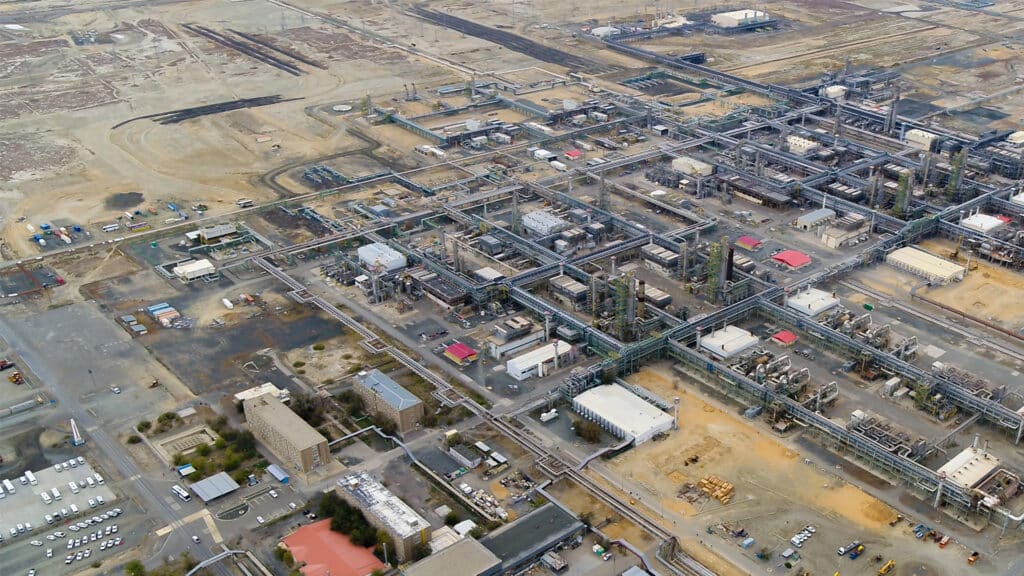Despite OPEC+ deal, Kazakhstan says it calls its own shots on oil

Kazakhstan, which has frequently exceeded its oil production quotas under the OPEC+ agreement, will independently set its output levels in the future, Energy Minister Yerlan Akkenzhenov said in a recent interview with Reuters.
Akkenzhenov emphasized that the ministry will fully support increased production at the country’s largest oil field Tengiz, operated by Tengizchevroil.
«We will act in accordance with national interests. As we work to boost output at TCO (Tengizchevroil), we will support it in every possible way,» he said.
While Kazakhstan remains committed to meeting its OPEC+ obligations, Akkenzhenov said the country cannot afford to shut down older oil fields, which could permanently damage them. According to OPEC, Kazakhstan is expected to compensate for exceeding (currently, by 1.3 million barrels per day) its production limits through June 2026, based on updated compensation plans submitted by member countries, including Saudi Arabia, Russia, Iraq, the UAE, Kuwait, Kazakhstan and Oman.
Akkenzhenov also said the government will continue discussions with companies involved in major oil projects but noted that it cannot compel them to cut production.
He added that 70% of Kazakhstan’s oil output comes from three major fields — Tengiz, Kashagan and Karachaganak — while the remaining 30% comes from smaller, aging fields where production is steadily declining.
«If we start shutting them down, we won’t get these fields back. We’re already seeing a natural decline of 1 to 1.5 million tons per year without developing new fields. Any production growth comes solely from new projects. Shutting down old fields would be like shooting ourselves in the foot,» he said.
The minister also announced a scheduled 72-hour shutdown of the Caspian Pipeline Consortium (CPC) in May. He noted that such technical stoppages occur periodically.
On April 7, CPC resumed oil shipments from the single point mooring unit No. 1 (SPM-1) in Novorossiysk. It is now operating from two terminals: SPM-1 and SPM-3. Shipments from both units had been suspended on March 31 following an inspection by Rostransnadzor, Russia’s federal transport watchdog.
Akkenzhenov added that Kazakhstan may increase oil exports to Germany via the Druzhba pipeline to more than 2.5 million tons per year, depending on Russia’s agreement.
Looking ahead, he said Kazakhstan plans to export 55 million tons of oil through the CPC in 2025. He also mentioned the possibility of unscheduled repairs at the Karachaganak field this year, as well as a complete replacement of the SPM-2 unit at the CPC marine terminal in Novorossiysk in 2026. However, he believes the replacement will not affect overall oil transportation volumes.

